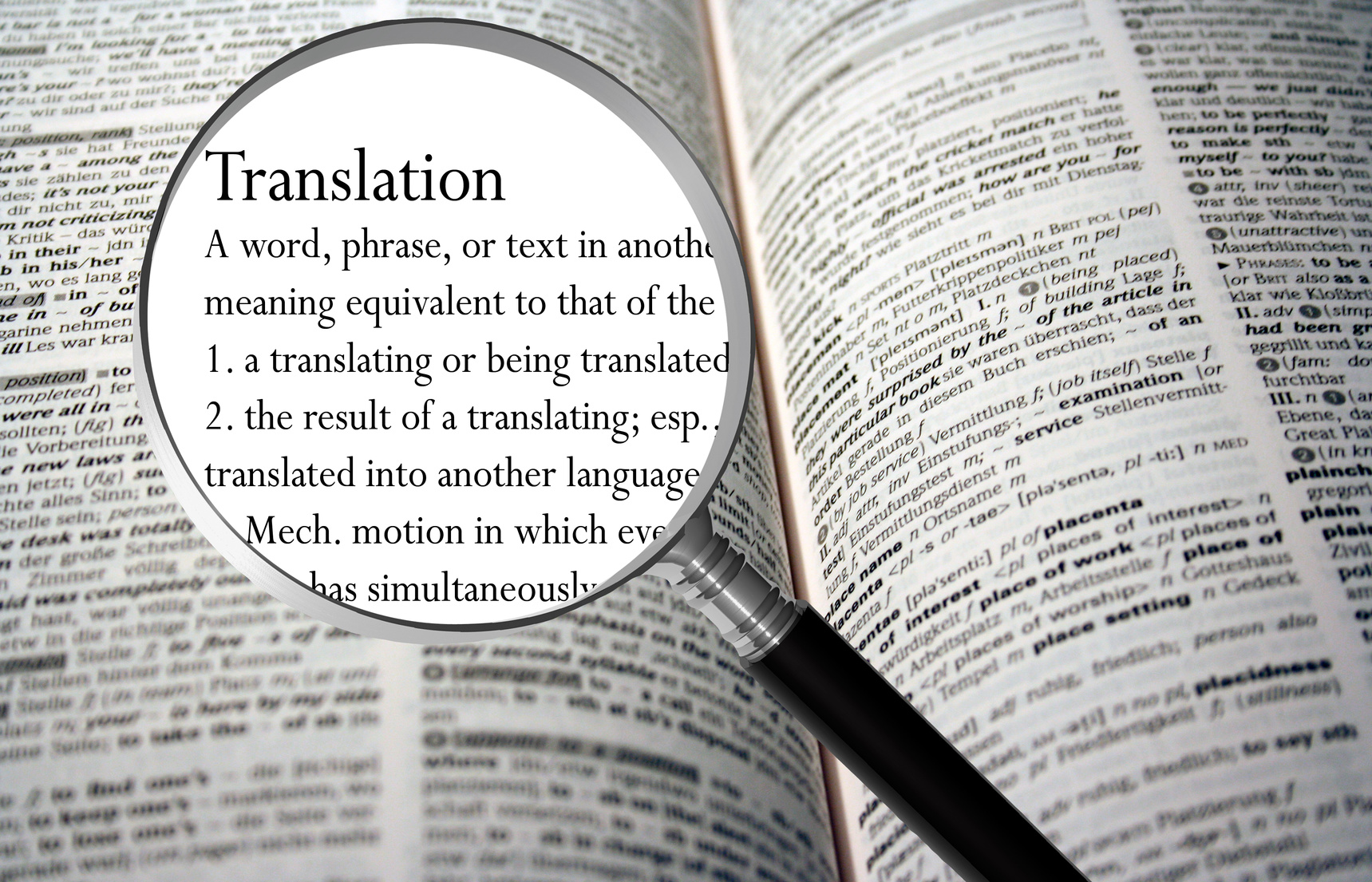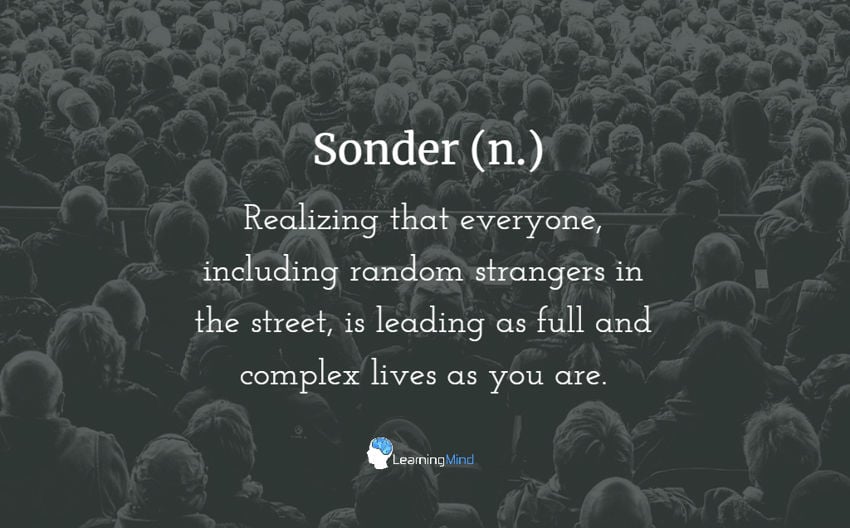
Which feels fairly true to life, given the way your moods tend to drift through your mind like the weather. The definitions are arranged in no particular order, with an emphasis on variety and unpredictability. There’s also a postscript section called “After Words,” with some commentary on language and meaning, and what this project has meant to me personally. Boats Against the Current (time and memory)Ħ. Faces in a Crowd (society and alienation)ĥ. Montage of Attractions (relationships and intimacy)Ĥ. The Interior Wilderness (selfhood and identity)ģ. Between Living and Dreaming (about worldview and desire)Ģ. 04 of 11 Flabbergast verb flab-er-gast Definition: To overcome with surprise and bewilderment astound. History: An American word first used in 18251835, according to, it’s a fanciful alteration of discompose or discomfort. Good question! The Dictionary of Obscure Sorrows is divided into six chapters, with definitions grouped according to theme:ġ. of 11 Discombobulate verb dis-kuh m-bob-yuh-leyt Definition: To confuse, upset, frustrate. The top 4 are: hide, unknown, hidden and vague.


The content of John Koenigs dictionary has been a work in. Below is a massive list of obscure words - that is, words related to obscure. For permissions, inquiries and media requests:ĬONGRATS for the publication of the book !! I'm so glad this is finally happening ! I just have one question : how is are the contents organized ? Is it like a normal dictionary with entries in alphabetical order, or in order of creation like this tumblr, or something else entirely ? The Dictionary of Obscure Sorrows is a book that was created by an author named John Koenig. Written, edited, coined and narrated by John Koenig.Ĭopyright © John Koenig 2009-2021. ▸ Email the author at Visit the Facebook page

#Obscure words free
His work has been acclaimed by New York Magazine, The Washington Post, The Huffington Post, and the guys from Radiolab.įeel free to write me directly and describe an emotion you need a word for: Others pulled off the same swindle and it became known as selling a gold brick. ner of expreffion was almoft antiquated, till help'd by the late correction of it He has added to divers Words feveral Cafes in Law, relating thereto in. But, of course, only the visible part of the brick was gold, and the rest was worthless. John Koenig is a video maker, graphic designer, and voiceover artist from Minnesota, who lives in Minneapolis with his wife and daughter. Clark, a banker, became a victim of a scam by being conned into advancing 10,000 against the acquisition of a 52-pound brick of gold. Pre-order your copy here (click links on the right): 12 years in the making, 300 pages, 70% new material, including longer video-like definitions, otherworldly illustrations, and some thoughts on language and the meaning of life. John Green, author of The Fault in Our Stars The variant skū- forms the noun skūmaz “scum” (because it covers the water), which becomes scum in English.“Creates beautiful new words that we need but do not yet have.” In Germanic the variant skeu- forms the base of the noun skeujam “cloud cover, cloud,” becoming skȳ “cloud” in Old Norse, which is the immediate source of English sky (a 13th-century borrowing).

The unrecorded Latin adjective scūrus comes from the Proto-Indo-European root (s)keu-, (s)kū- (with variants) “to cover, envelop” ( scūrus therefore means “covered over”). Alternatively, the verb may derive from Middle French obscurer “to make or become dark” or from Latin obscūrāre “to cover, obscure, overshadow, conceal,” a verb derived from obscūrus. The verb obscure may simply derive from the English adjective by functional shift (a change in the grammatical function of a word). Here are 25 weird, obscure, and downright cool words hidden in the English language. The adjective obscure comes from Anglo-French and Middle French oscur, obscur “without light, dark (in color), hard to understand,” from Latin obscūrus “dim, dark, dingy, faint,” an adjective made up of the prefix ob- “toward, against” and the adjective scūrus, which does not occur in Latin. The adjective obscure first appears in English about 1425 (if not earlier) the verb appears around the same time.


 0 kommentar(er)
0 kommentar(er)
